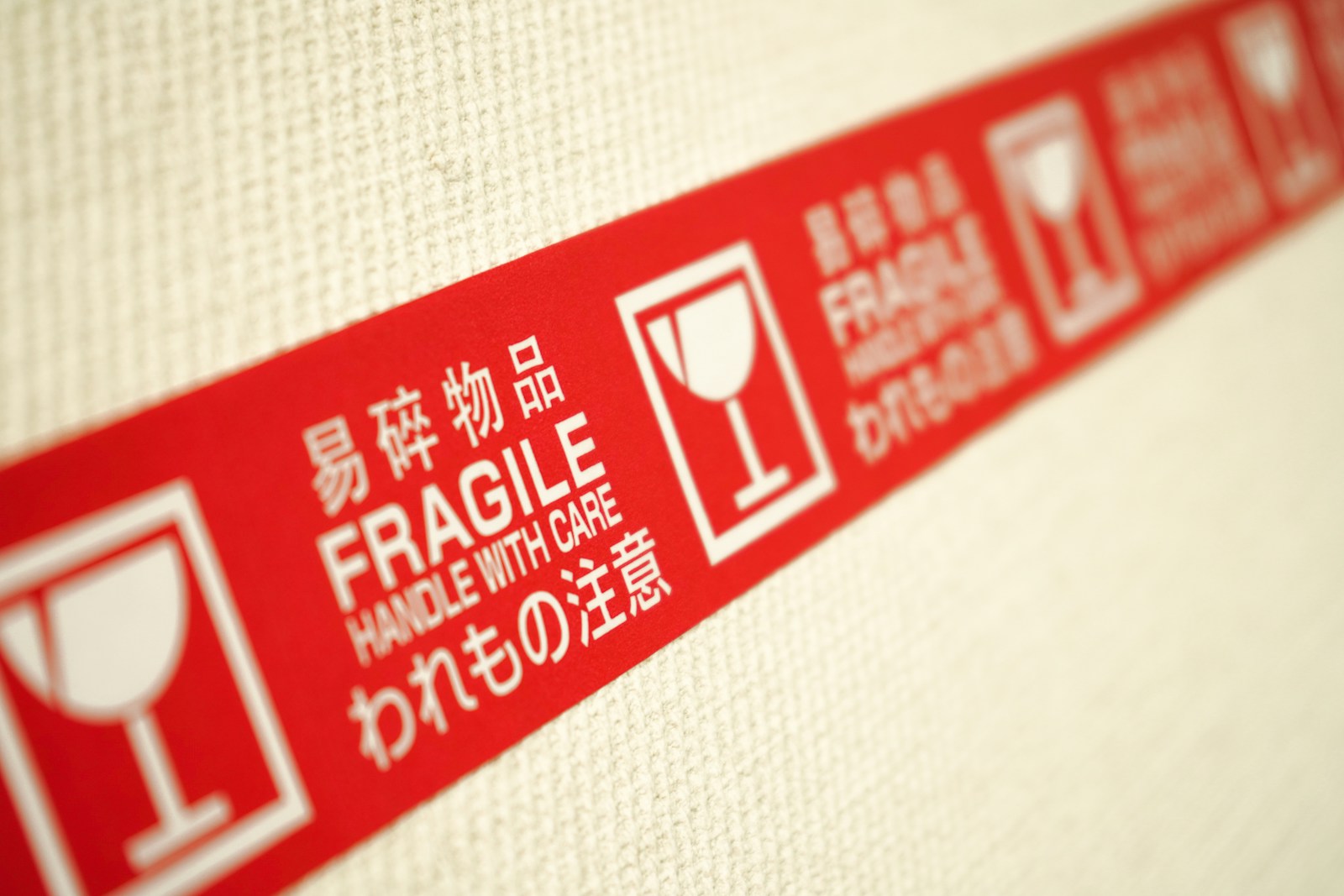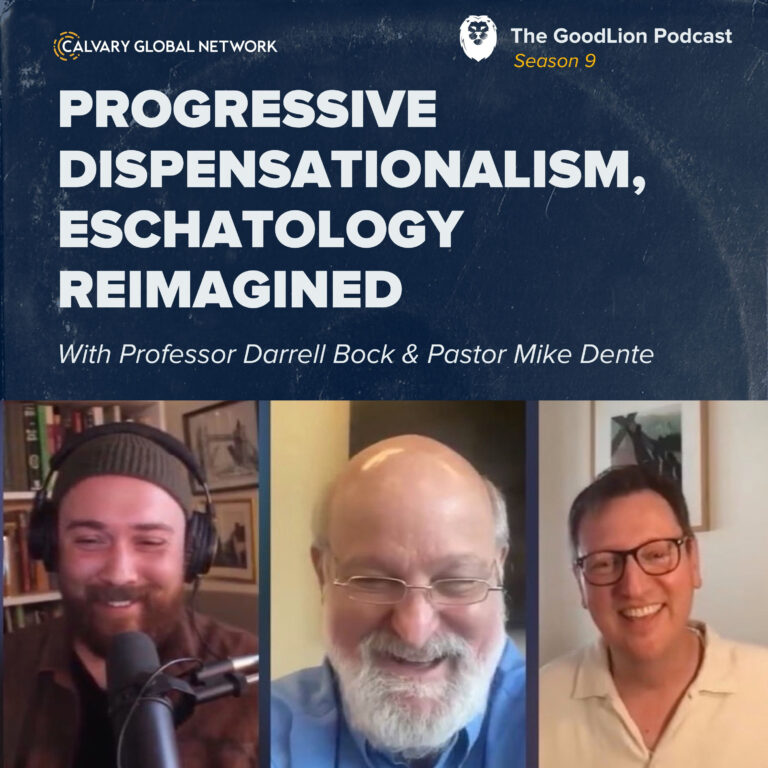
Throughout the often-overlooked book of Amos we read that social injustice will not be tolerated (8.4-6 for example). If you Google a definition of social justice, you will probably get something like this,
“Social justice is the equal access to wealth, opportunities, and privileges within a society.”
Society’s version of social justice will tell you that we need to look around and see everybody’s differences, we need to acknowledge just how different we are, and we need to affirm and accept all these differences.
Society’s social justice says I see your differences, we need to recognise them, then treat everyone the same despite the fact we are all different. But first though, let’s differentiate between ourselves as much as we can. Then, when we’ve done that, let’s work towards equality for all these groups we’ve just made.
Gospel social justice says it doesn’t matter what colour skin you have, or what passport you hold, or what social status you have.
Gospel social justice says we are all made in the image of God (see Genesis 1), that we all have inherent and intrinsic dignity, worth, and value, and that is what we need to affirm and acknowledge, not our perceived and conceived differences.
Saying, “I am going to treat all nations the same” still acknowledges that there is a difference.
Gospel social justice just doesn’t see the difference.
Saying, “I am going to treat all people the same, the rich ones and the poor ones” still acknowledges that socioeconomic levels are noticeably different to you.
Gospel social justice just doesn’t see the difference.
Social justice sees difference but works to treat people equally.
Gospel social justice simply sees everyone as equal.
We live in a fallen world that expects submission based on social status, country of origin, the colour of your skin, but, as Christians we know this is not right. We know that true submission is given to God, who does not distinguish by race or colour or gender or bank balance.
Gospel social justice is not equality
it is impartiality.
Jesus came to redeem all, regardless of social status, country of origin, religious background; all.
Galatians 3 summarises this well,
28 There is neither Jew nor Greek,
there is neither slave nor free,
there is no male and female,
for you are all one in Christ Jesus.
On the Day of the Lord, Jesus died for all. He died to bring all into His kingdom, no matter who we are, no matter where we are from, no matter what we do, no matter our social status, our career path, who we were, Jesus died for all. So what do we do with this?
Perhaps this is marginally easier for me to grasp given that where I live, I am the minority. I am the minority linguistically, socially, religiously, dermatologically, and economically. Where I live, whenever I go anywhere to do anything, I am talking to and interacting with people who look different to me, who think differently to me, who speak differently to me, who worship differently to me, and who spend differently to me. I am the minority in this demographically rich and diverse place.
This means that when I go anywhere other than my own house, I see people who are different to me. I see people, not categories of people. It would be utterly exhausting to differentiate between them all based on society’s social justice framework and then do the work needed to treat them all equally. A trip to the supermarket would require military-grade planning and precision just to make sure I don’t offend anyone. So, instead, when I go out, I see people. Period. I don’t see a Bangladeshi man, a Filipino lady, a Bahraini family, an American, a Brit, an Indian, an Aussie, a Kiwi, a CEO, a cleaner, an English speaker, a Muslim…I see people. I would encourage you to do the same. Stop differentiating and labelling and putting people into societal boxes, and just see people. Be salt to all people. Be light to all people. Don’t see them for who they are on the outside, see them for who they are on the inside; created in the image, formed in the womb, fearfully and wonderfully made, loved to the point of death, and redeemed by resurrection.
Simply then, Gospel social justice is not equality, it’s impartiality. See people as people. Stop labelling, and start loving.










